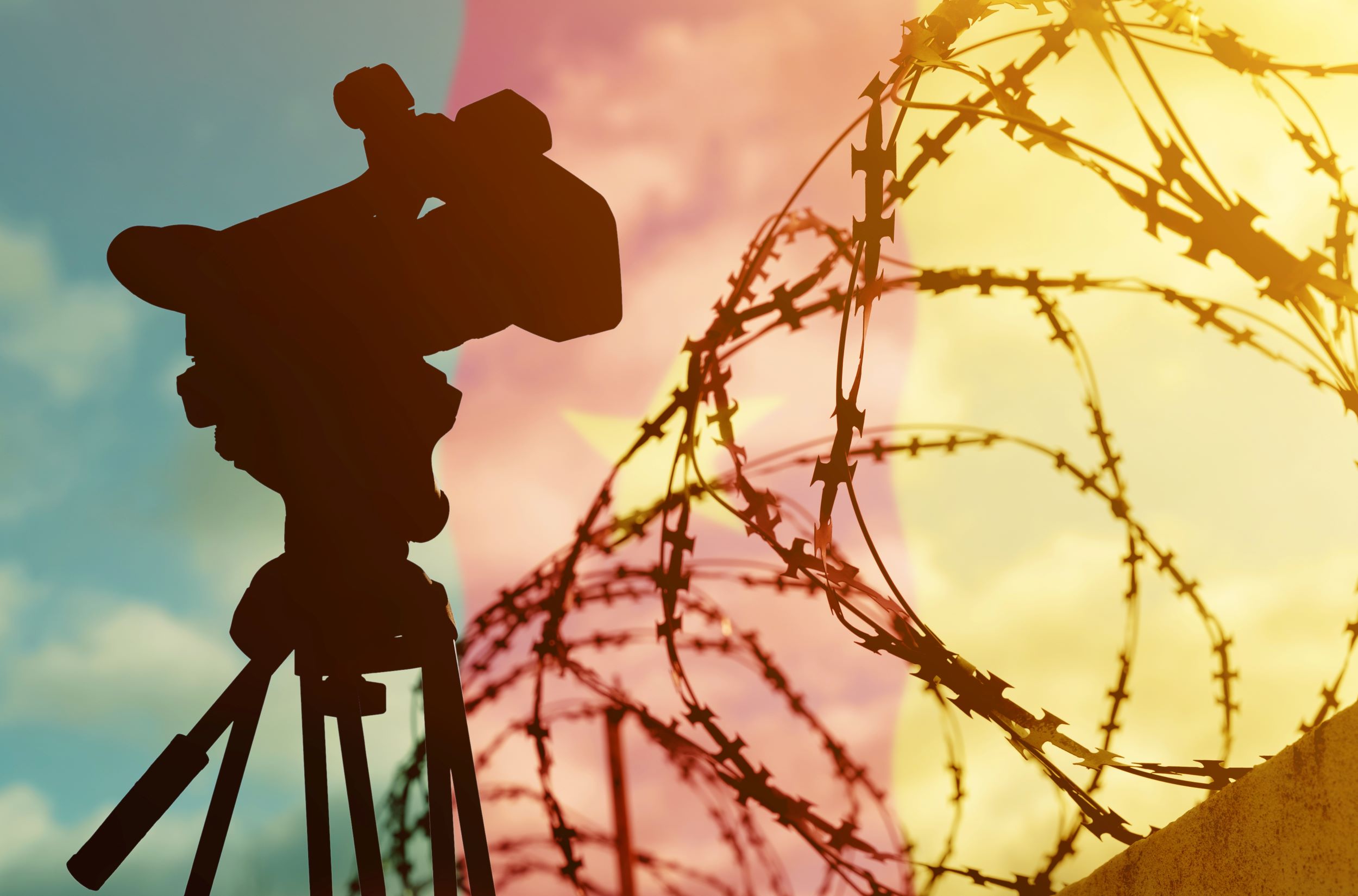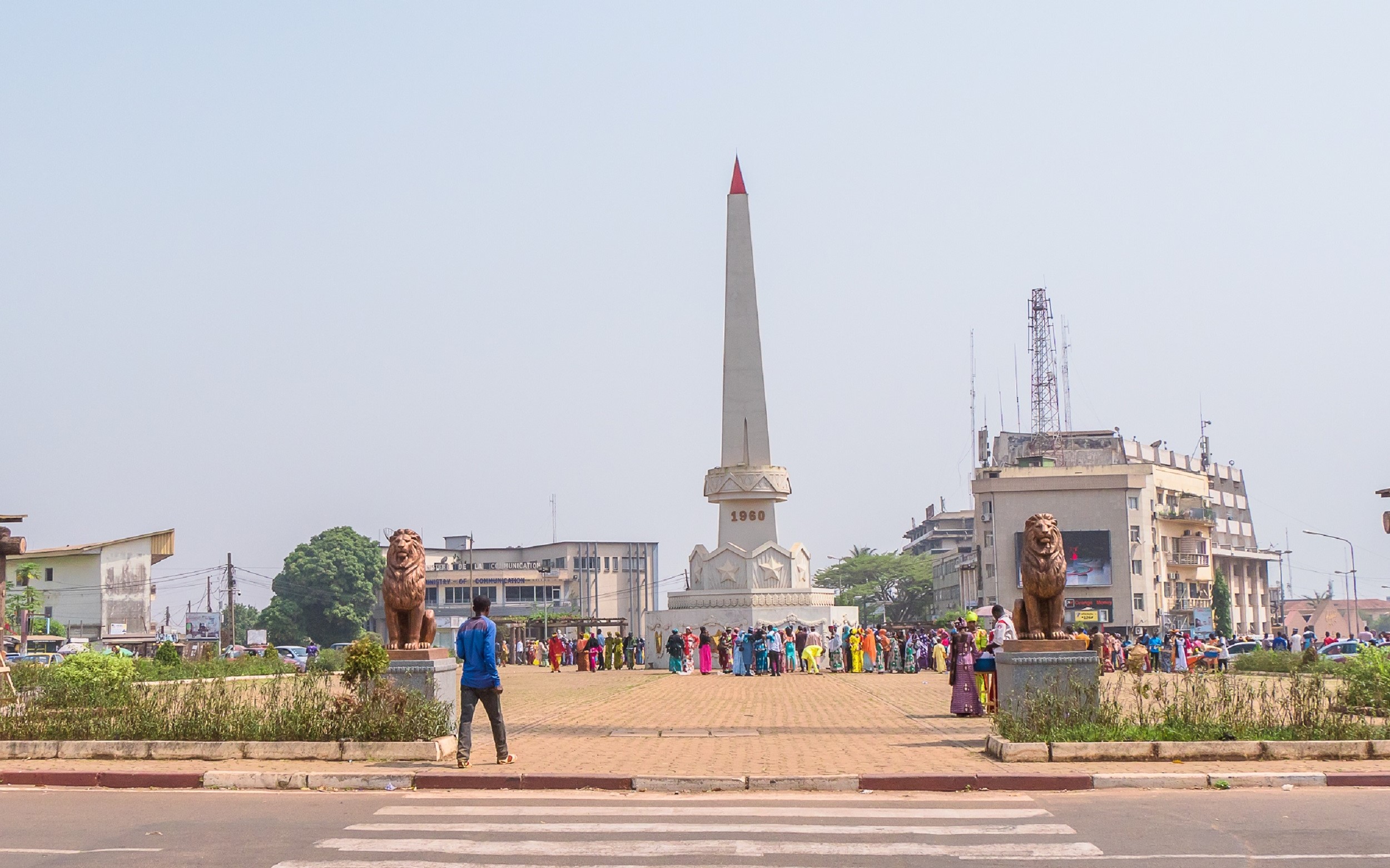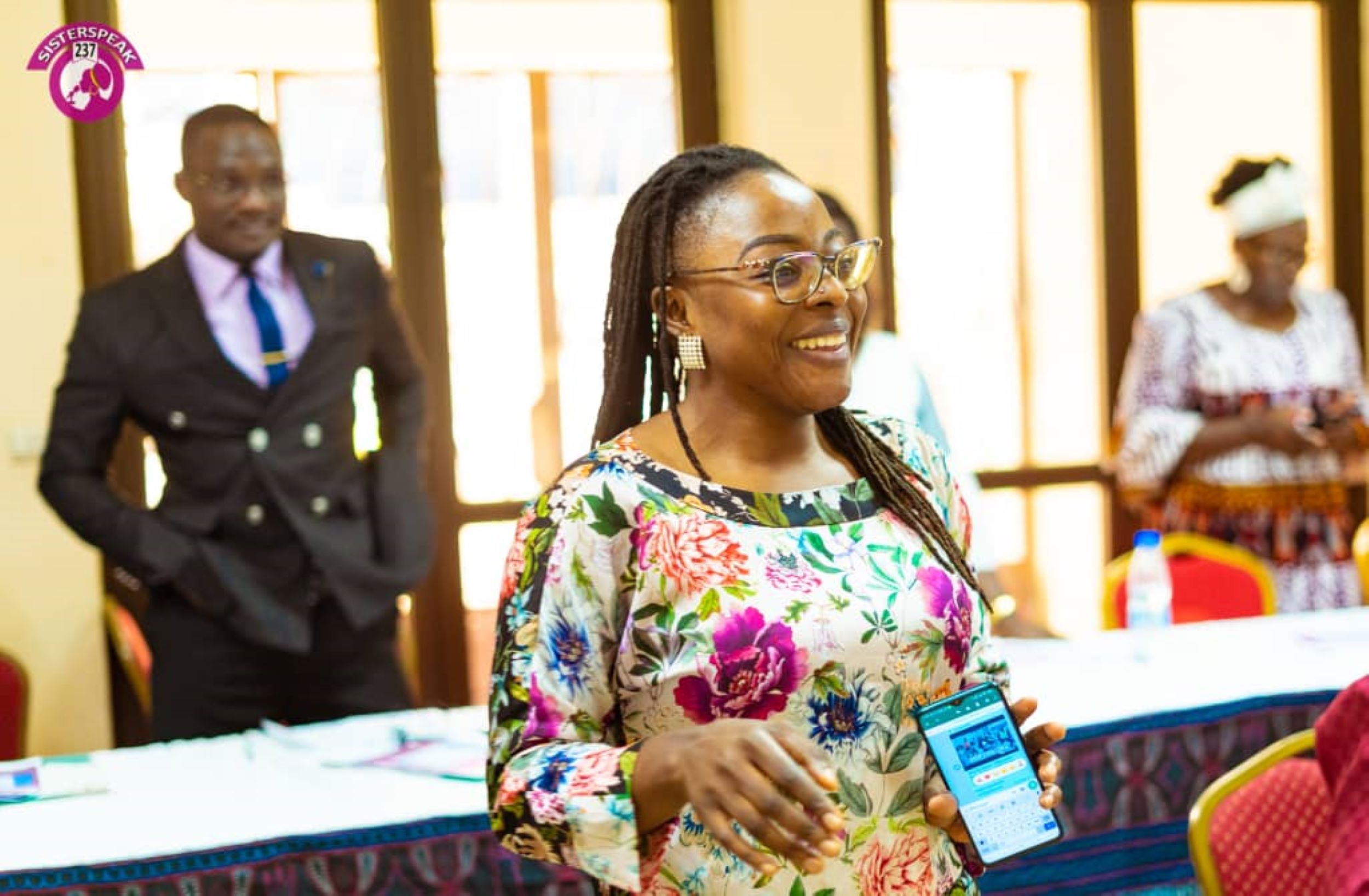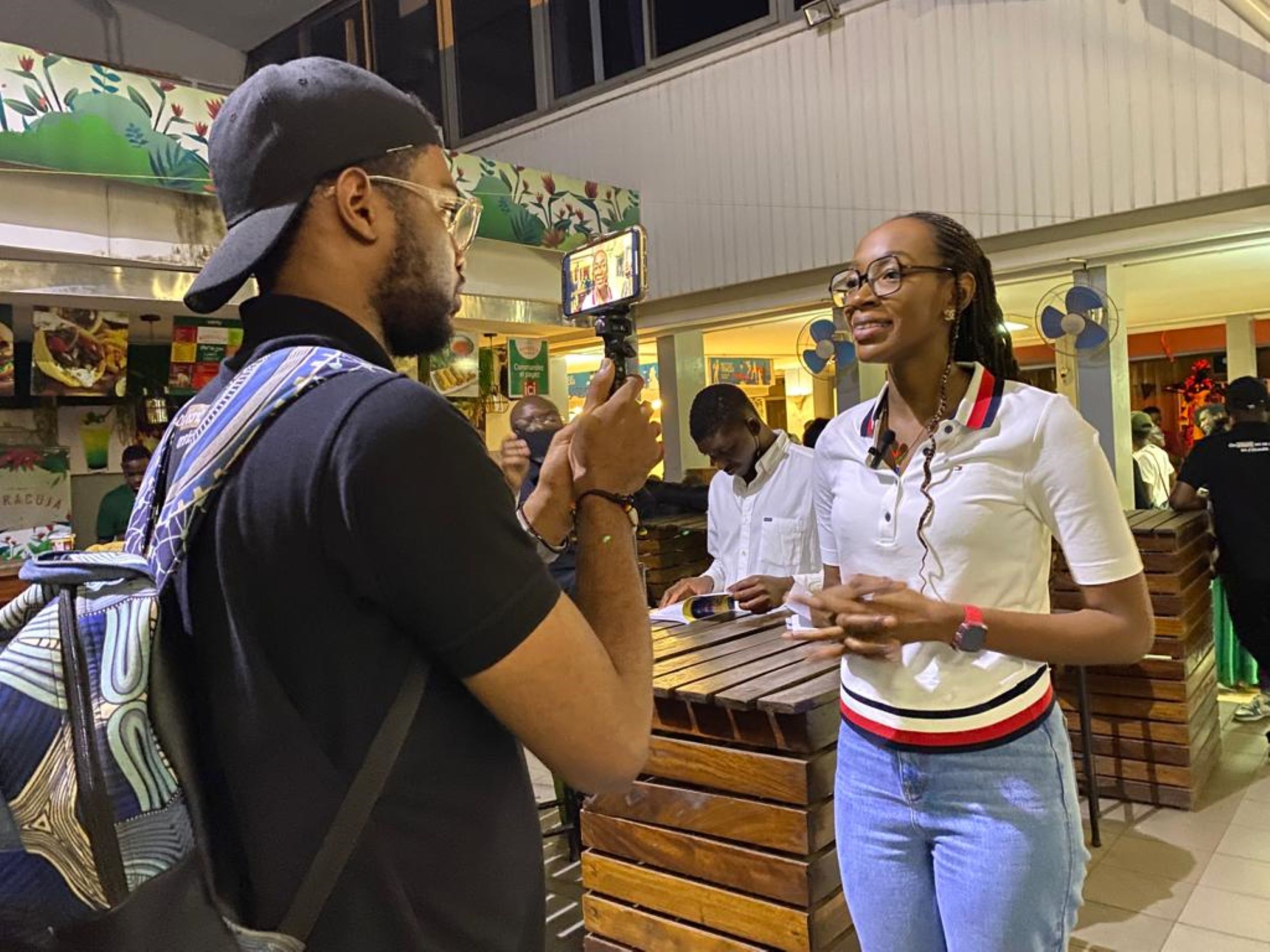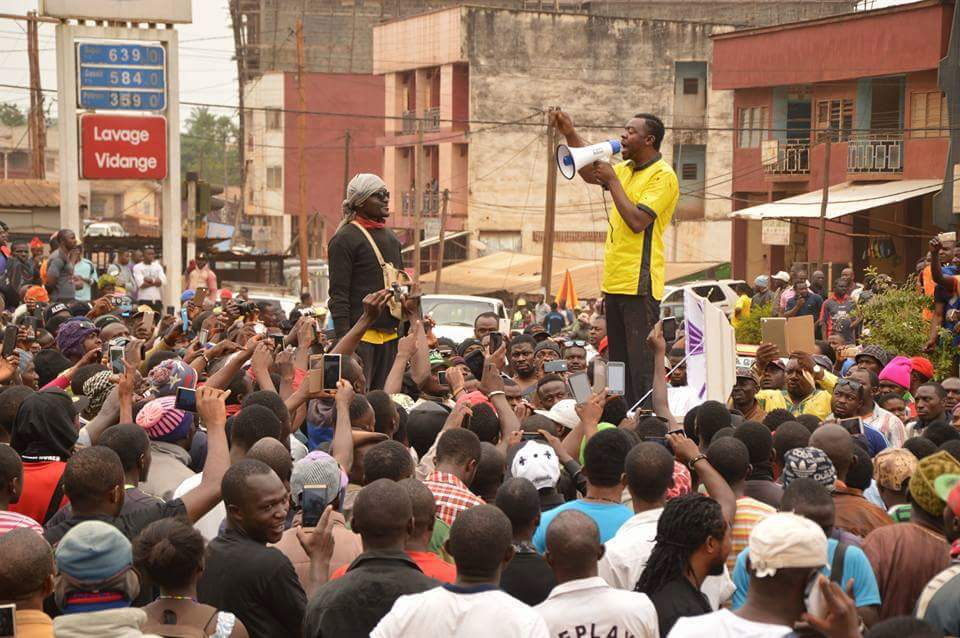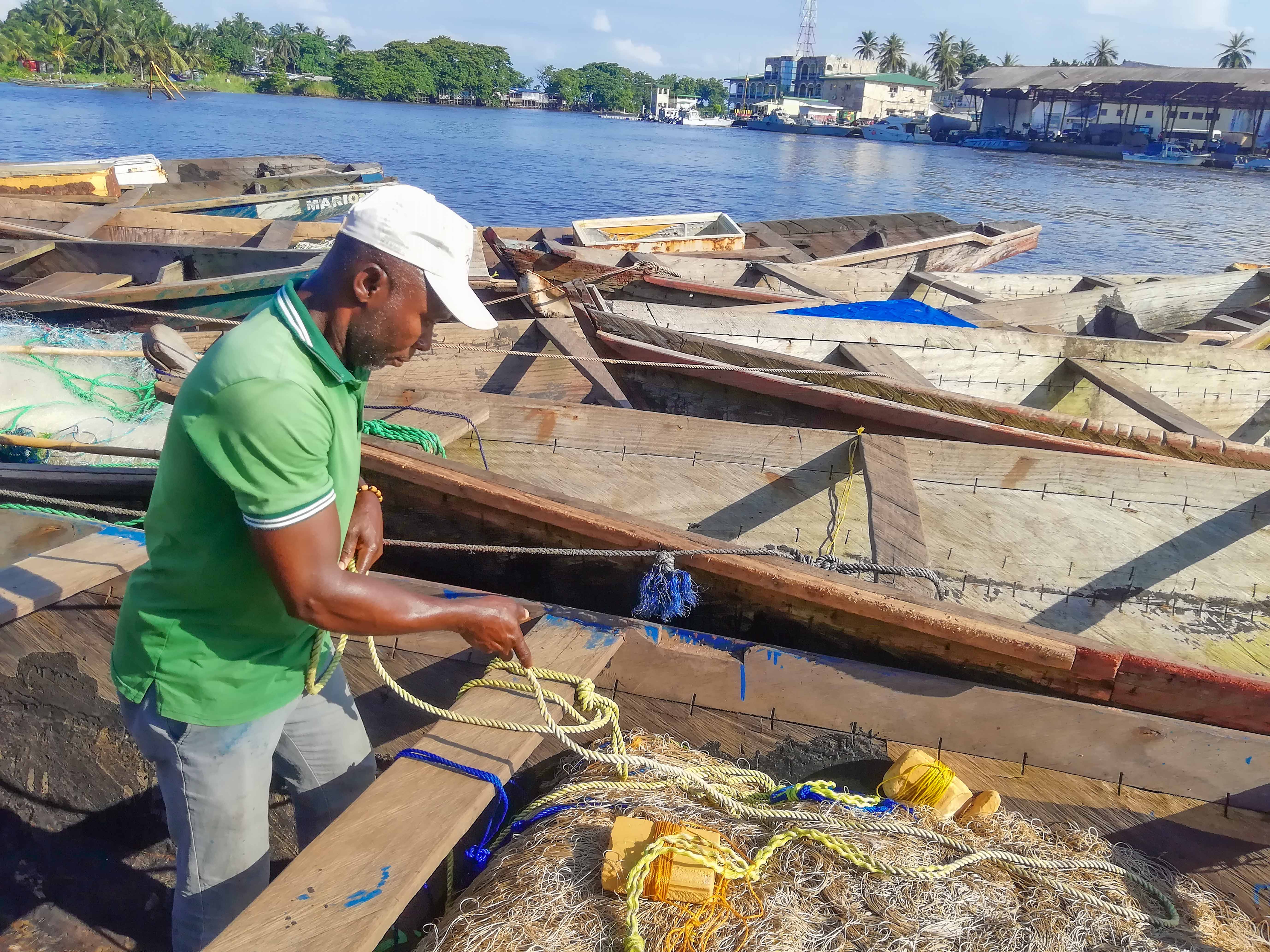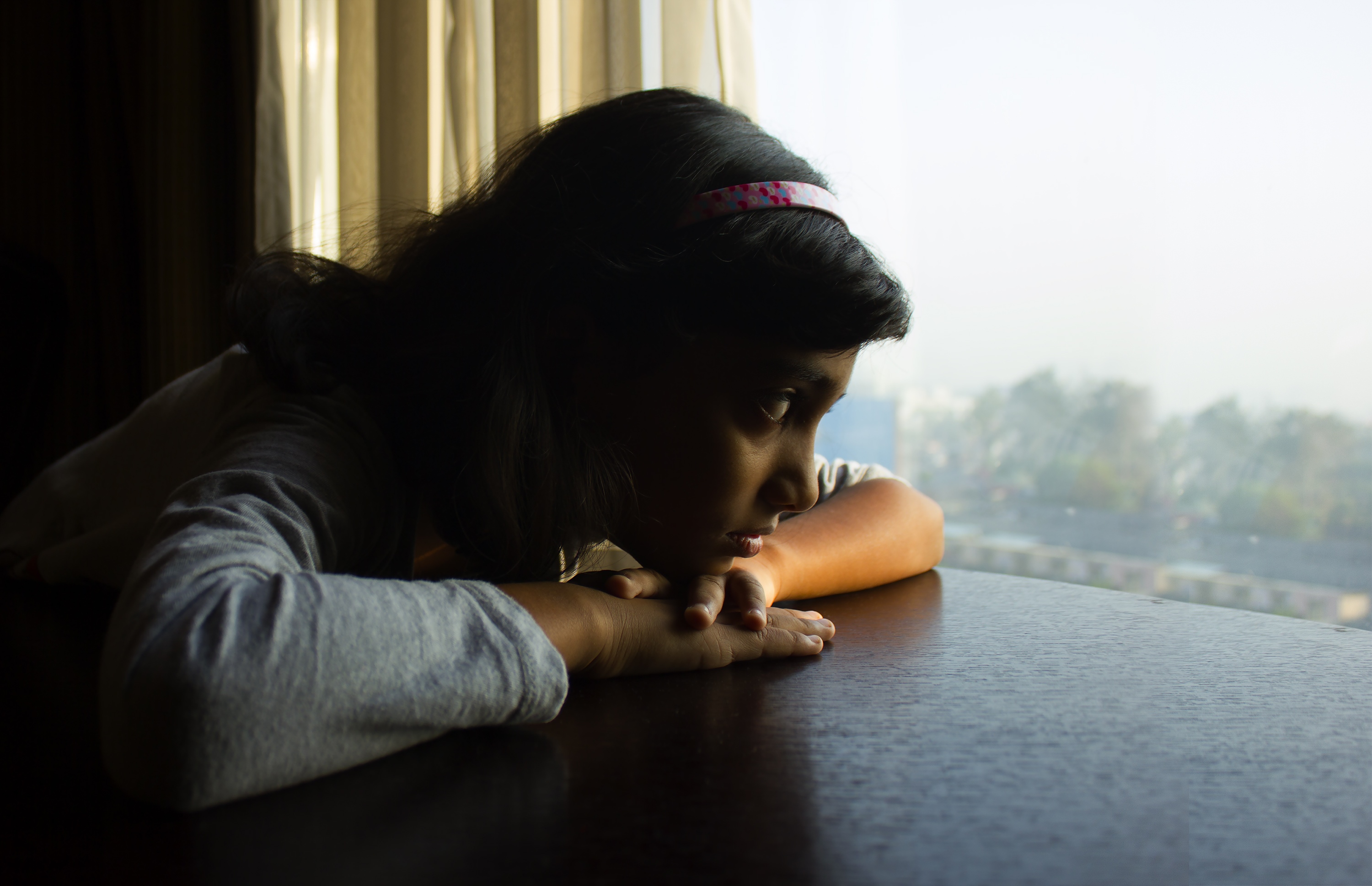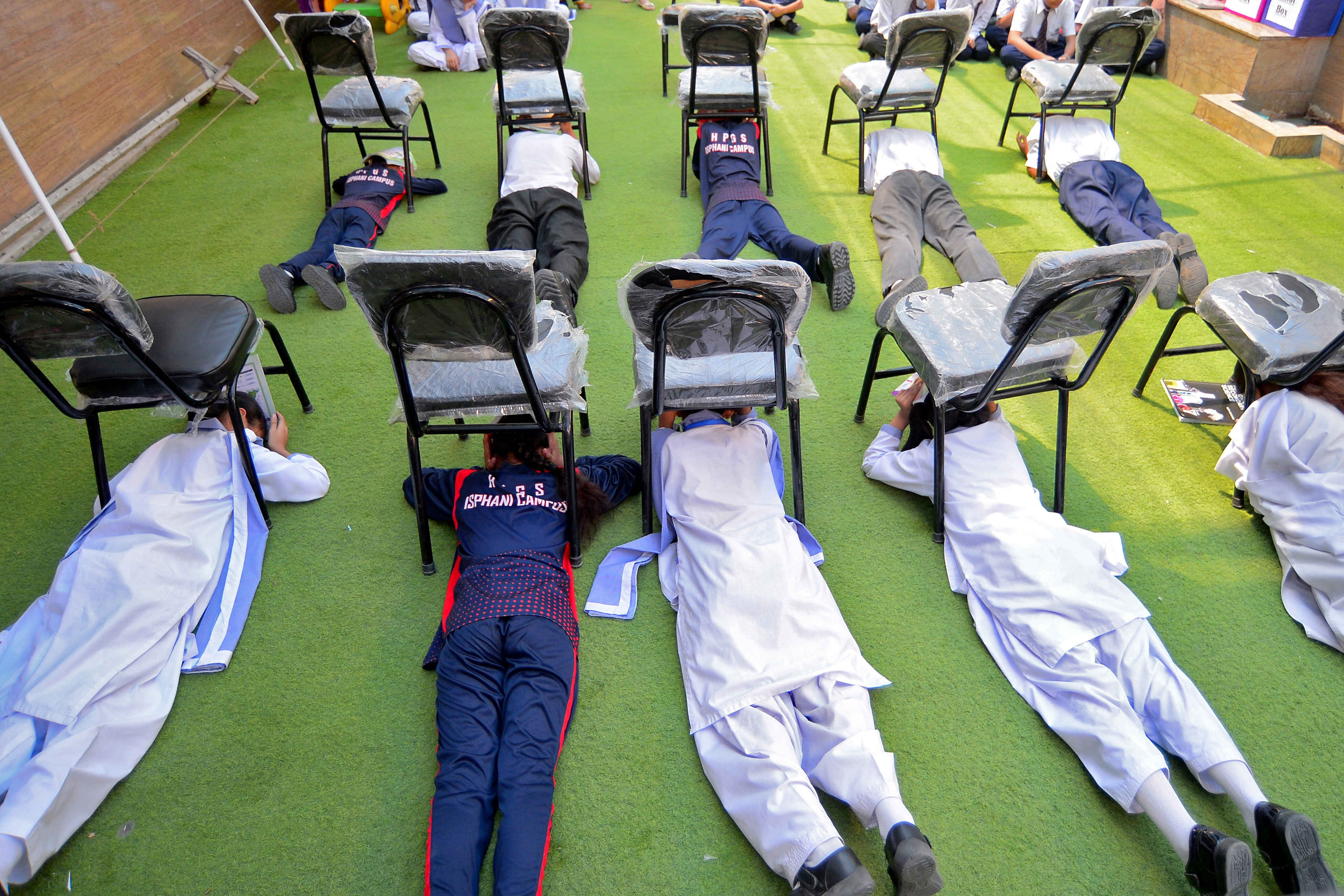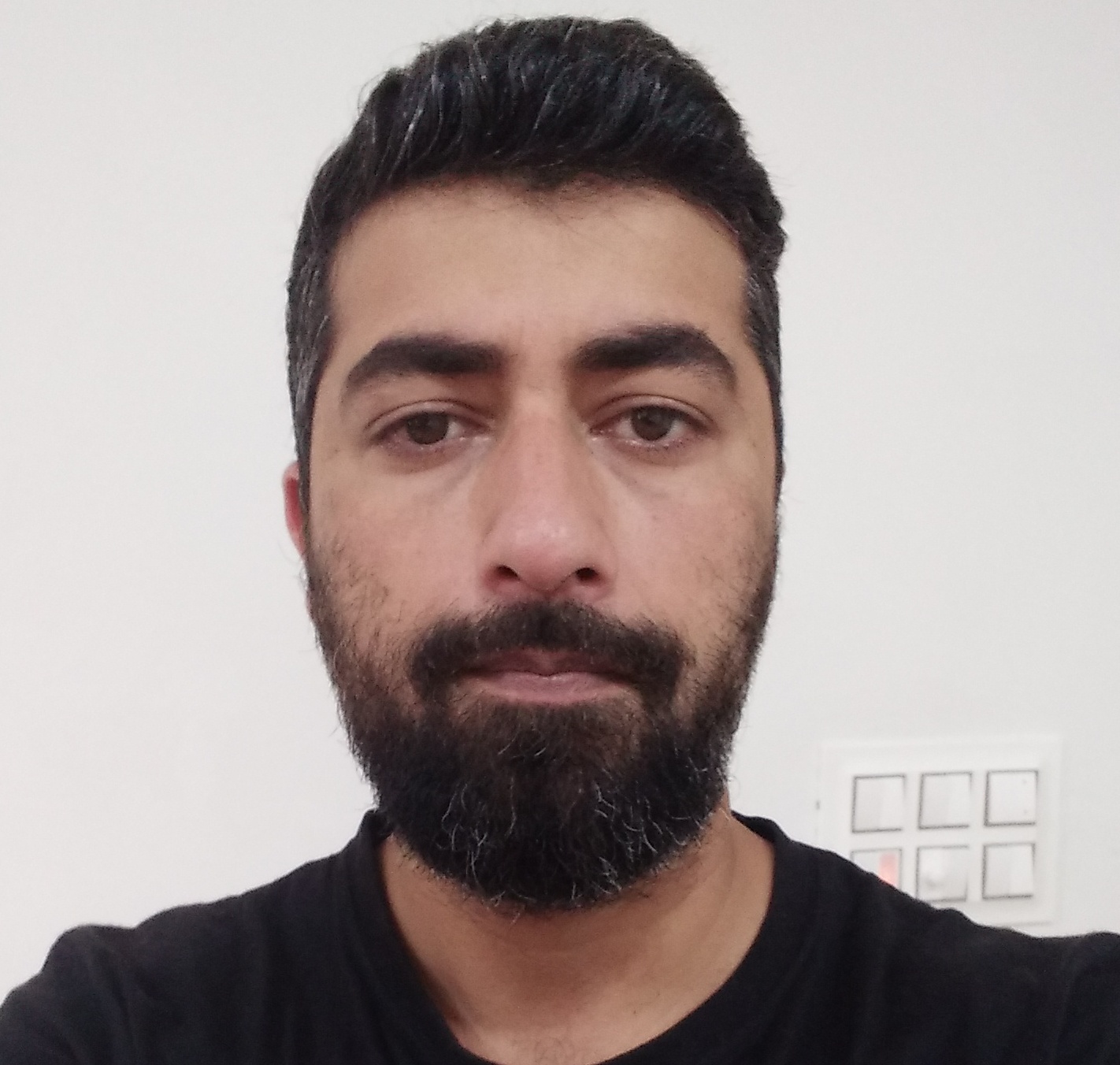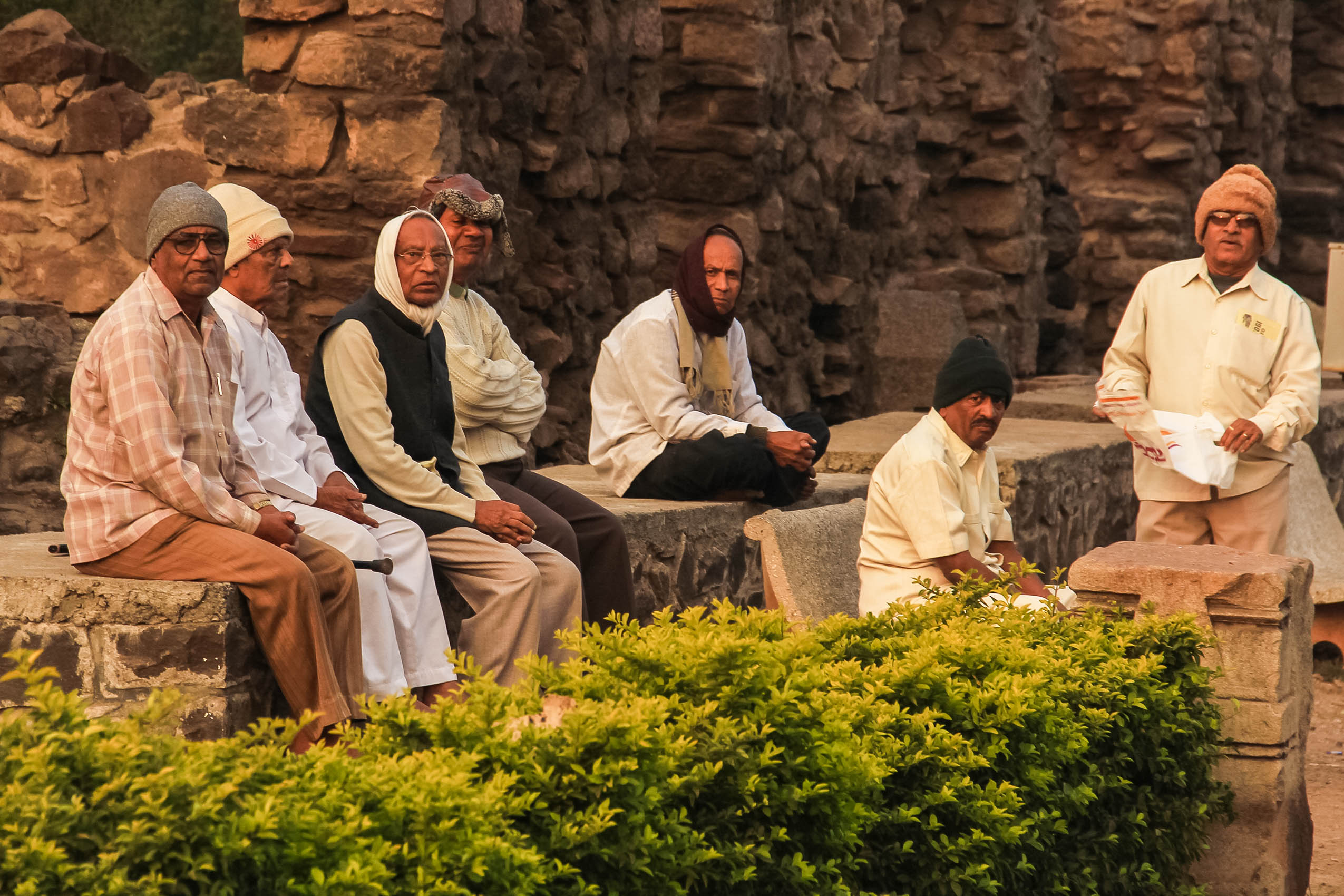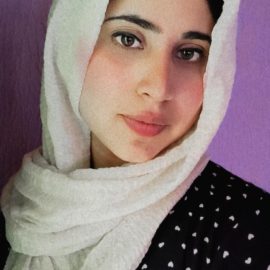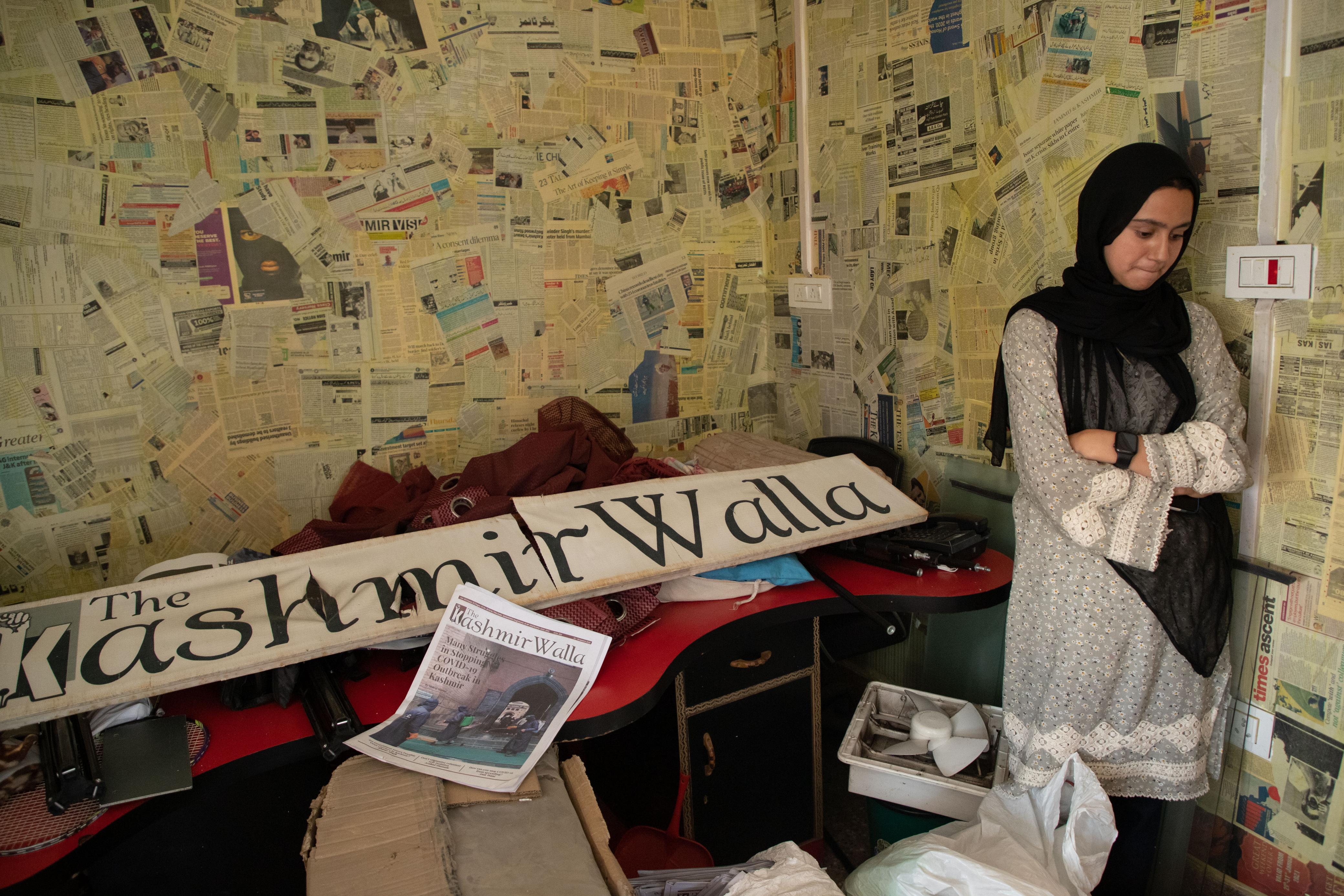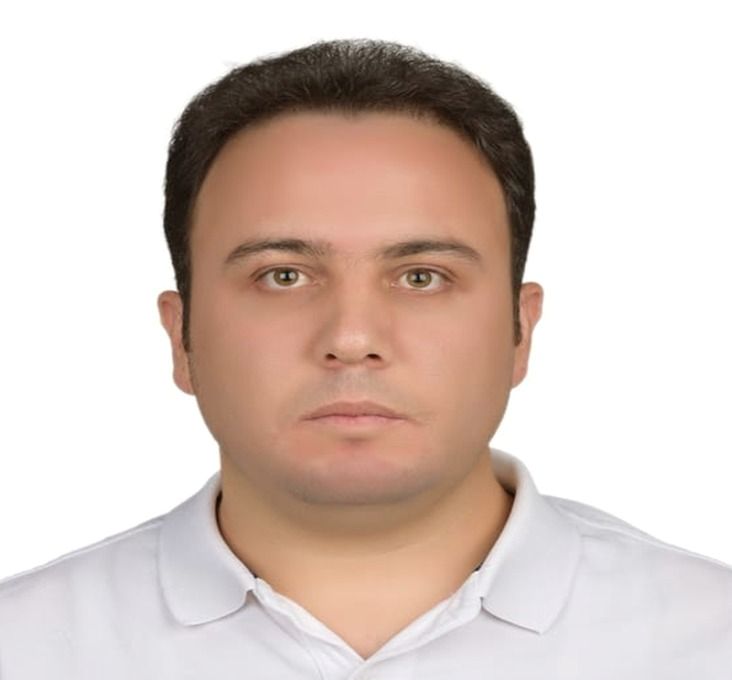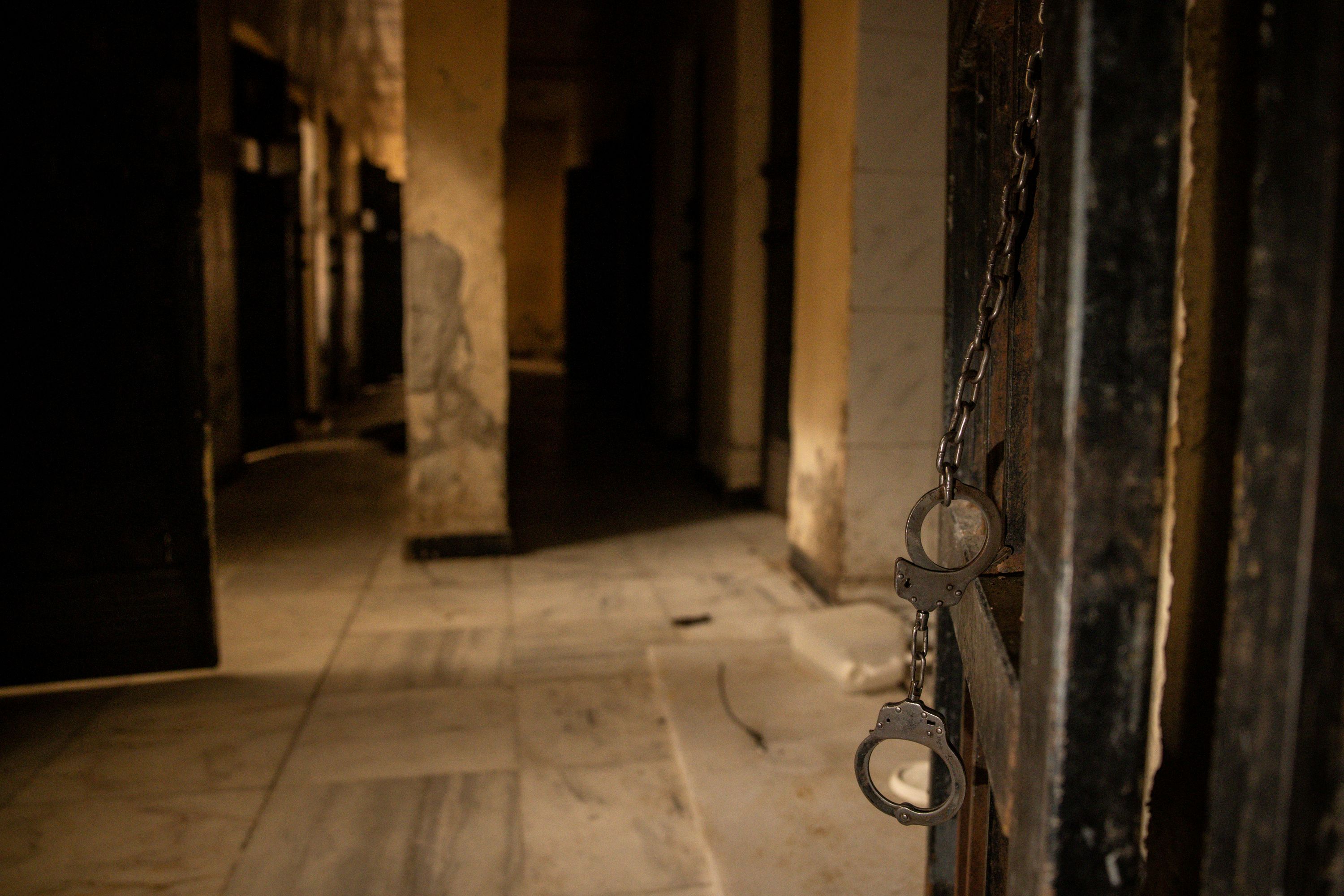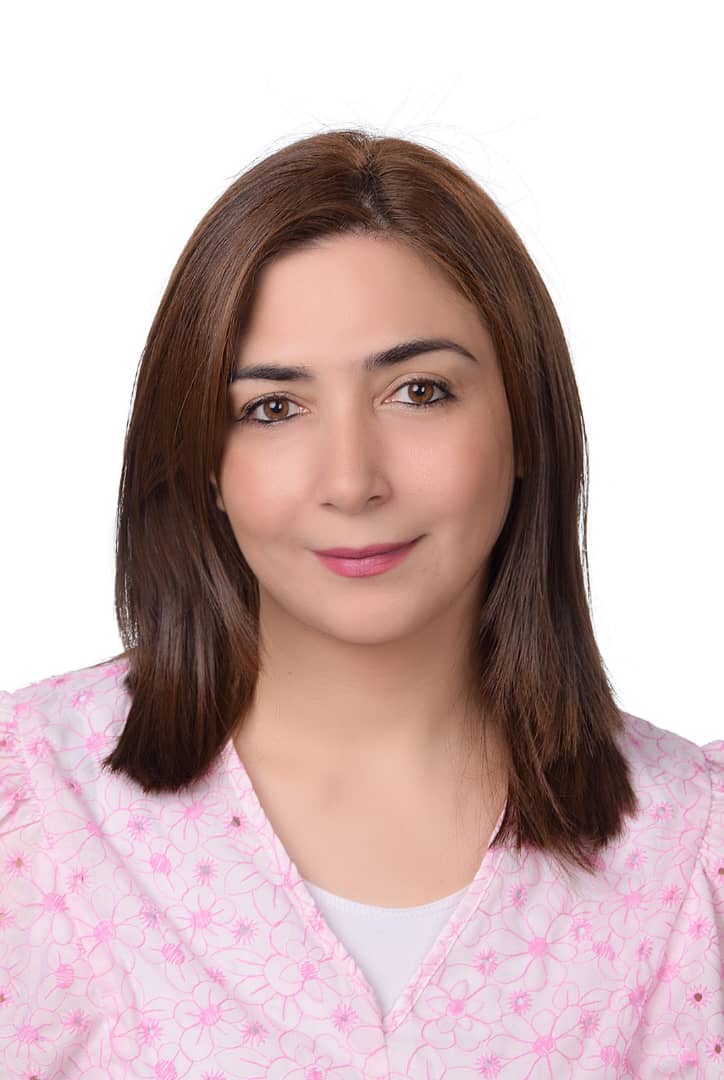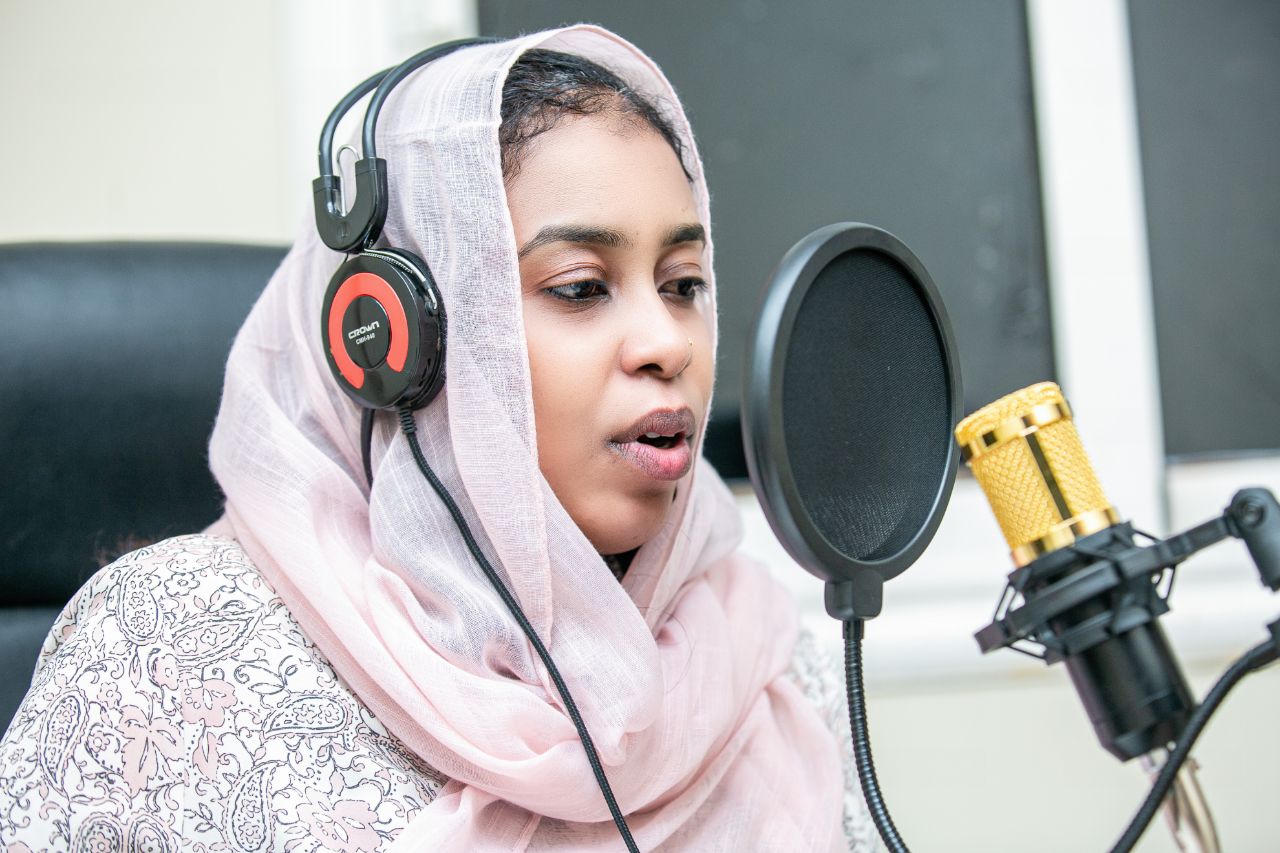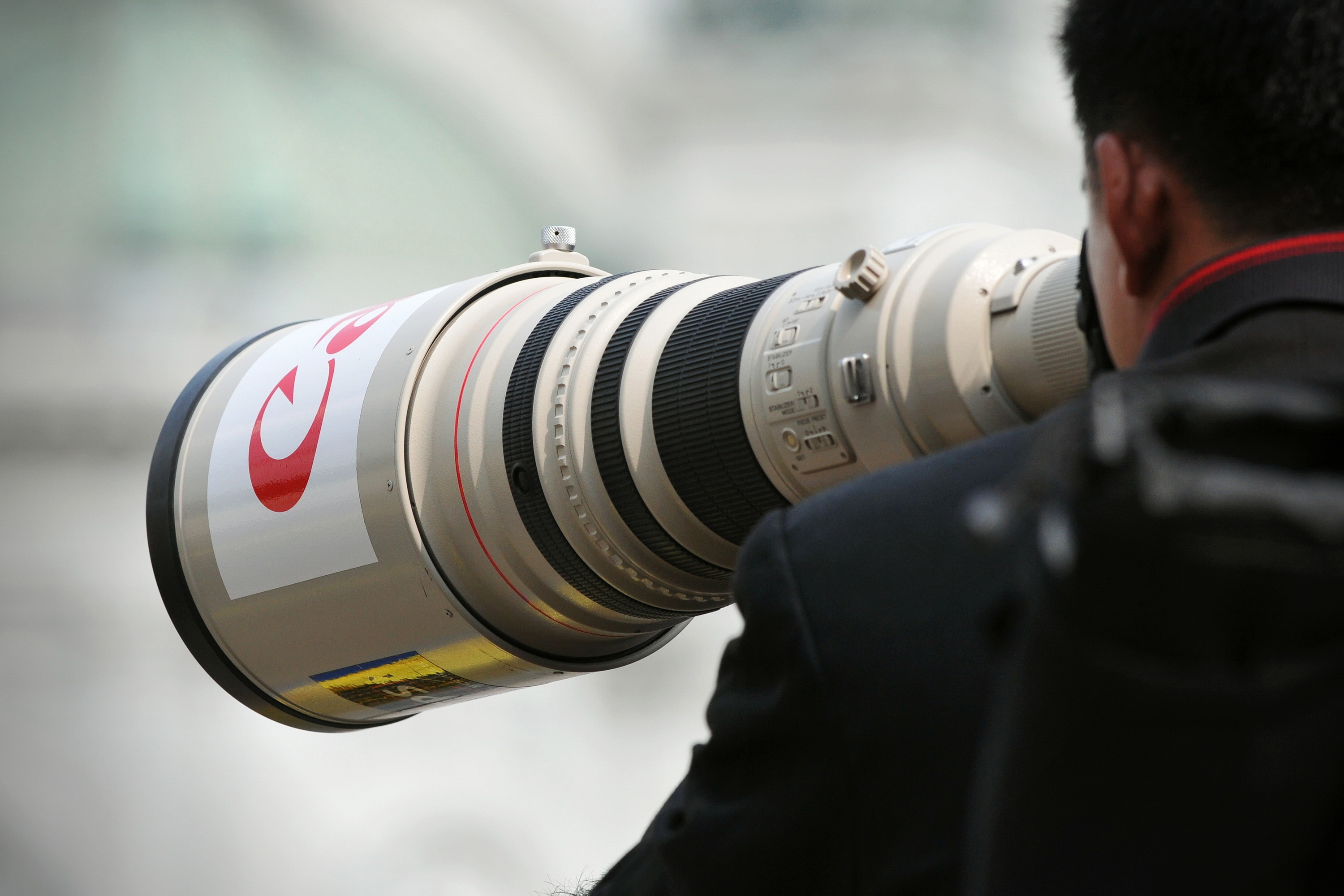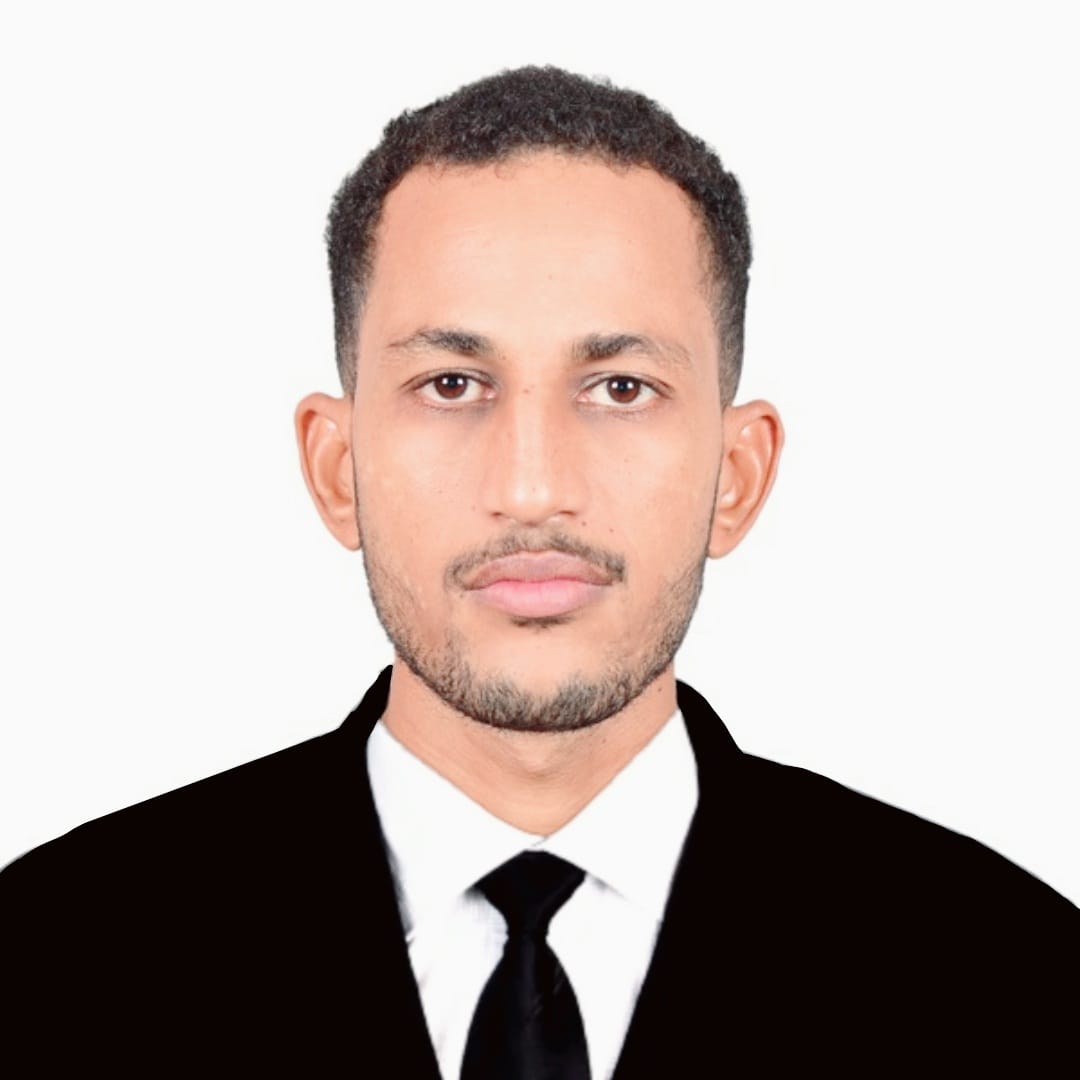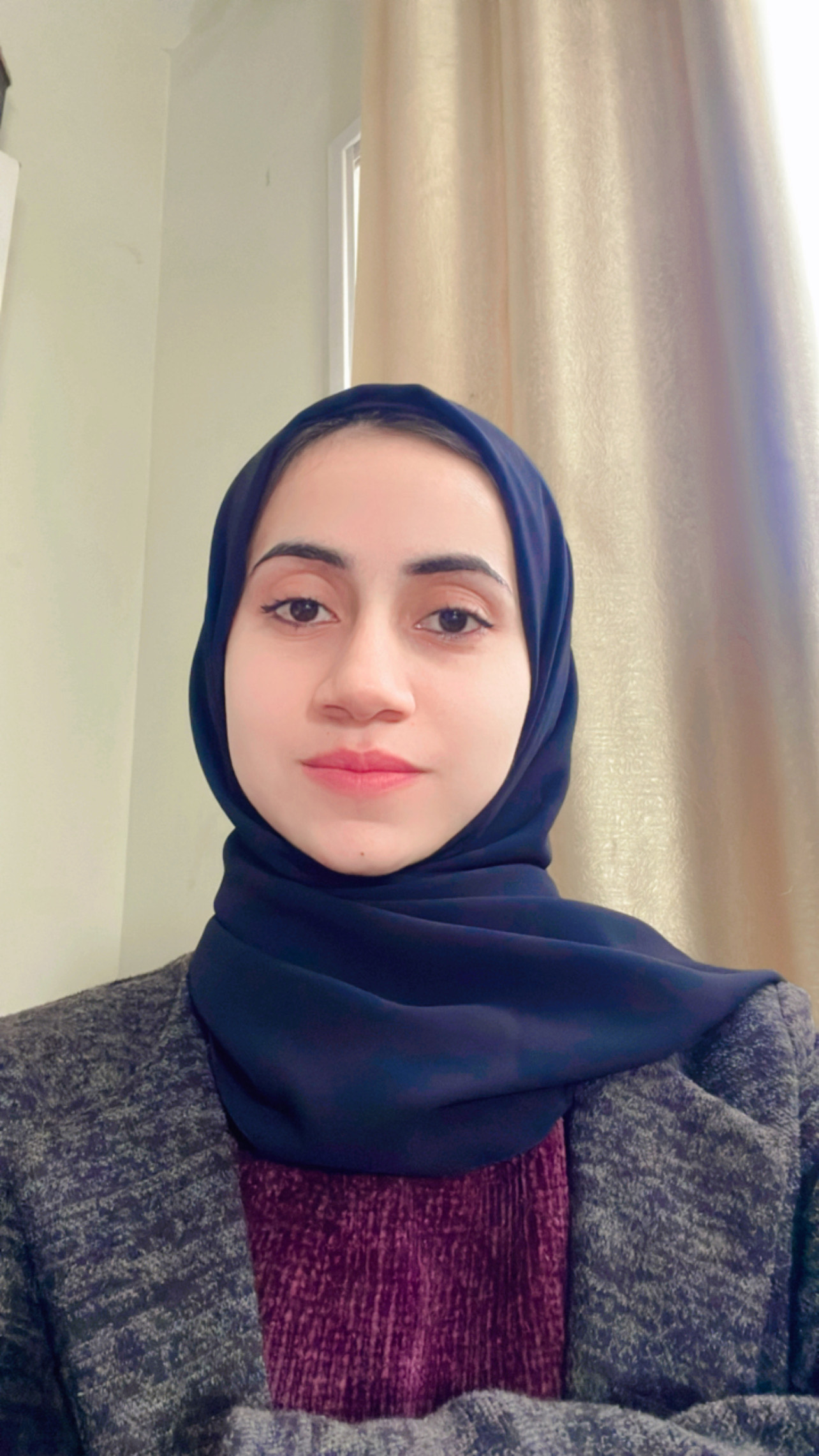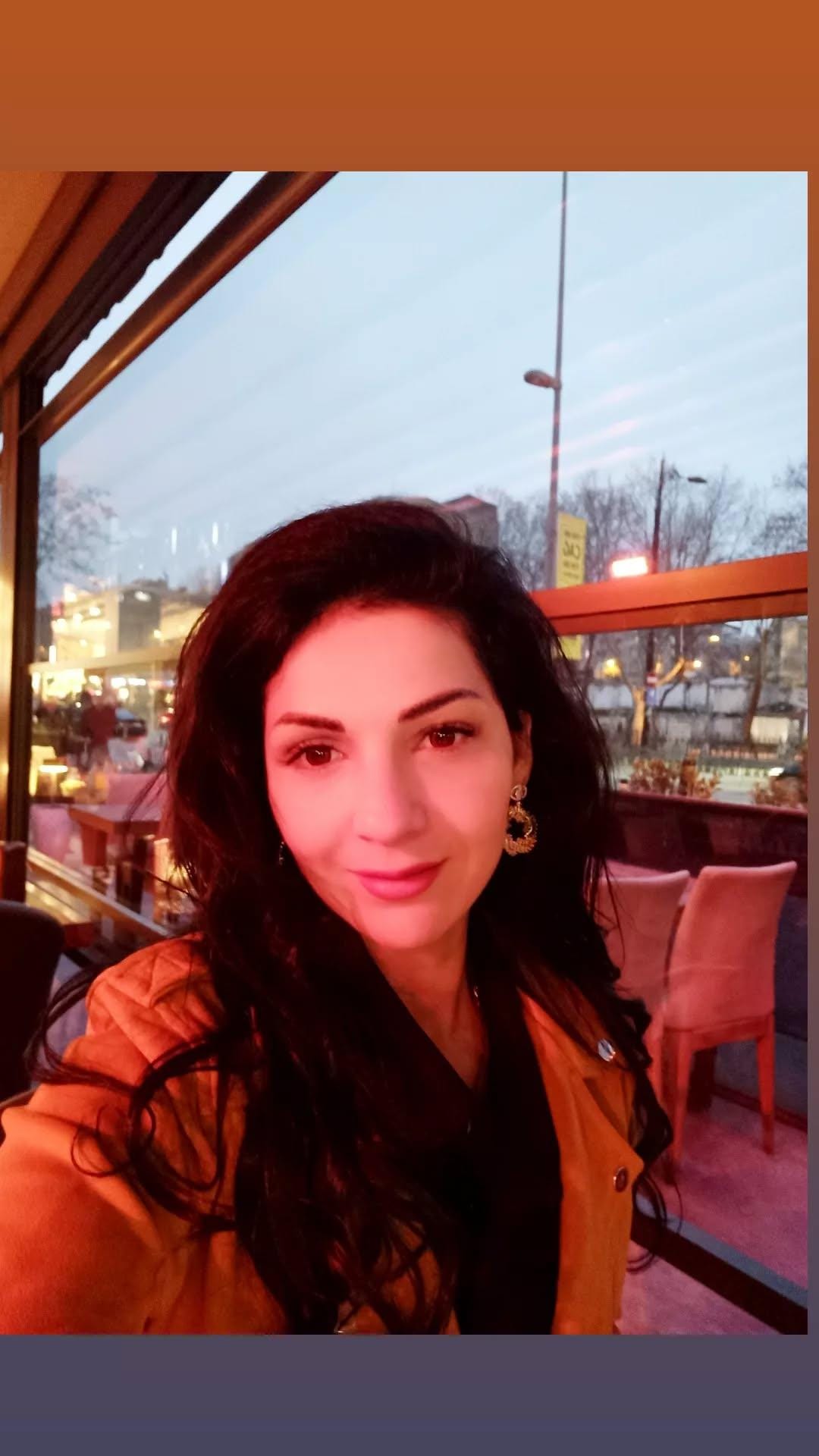Cameroon's fragmented media landscape has weakened collective advocacy, allowing government repression of journalists to go largely unchallenged. As press freedom declines, voices like Samuel Wazizi's are silenced, while disunity among journalists enables impunity to thrive.
In the last decade, the Cameroon media landscape has witnessed an increased number of journalism associations. However, the proliferation has instead brought about fragmentation, hindering cohesion and unity among journalists in the fight for press freedom in Cameroon, which the Committee to Protect Journalists says is on the decline.
The association's inability to pose a unified voice in tackling poor working conditions, censorships and intimidation has given room for authorities to crack down on daring journalism.
Wawa Jackson Nfor, a journalist in Cameroon’s Northwest regional capital of Bamenda, believes he is a victim of the lack of unity among the journalism associations.
He was arbitrarily arrested in 2018 and detained for three years for being daring in an article in which he exposed human rights violations by a government administrator in Cameroon's Northwest Division of Donga Matung.
Despite notifying colleagues about his arrest, they remained silent until after a year, when the committee to protect journalists raised an alarm about his detention. That's when national pressure from journalists began mounting on the government for his release.
Talking to Al Jazeera Journalism Review, Wawa said had the journalists been united in their advocacy, it might have facilitated his earlier release. He was arrested at the peak of an ongoing separatist war in Cameroon's two western English regions that has seen at least two journalists killed and several others jailed.
“I believe very much that those who orchestrated my arrest made it have a lot of political coloration, and given the tense atmosphere in which we were at the time, maybe journalists were afraid to speak on grounds that the same thing might happen to them,” Wawa told AJR.
We see how a lack of unity among journalists can be weaponised by government for its own ends. It’s the classic strategy of divide and rule.
Angela Quintal, Africa Programme Coordinator at the Committee to Protect Journalists (CPJ)
However, Wawa appreciated that journalism associations finally waded in but wondered whether silence could have been because of him not belonging to any association.
“Our associations may be in a better place to explain why they stayed that long to wade into the matter.” Wawa said, “When a profession is threatened, it doesn't mean a member of an association tomorrow may not be entangled in an issue. We should always think of defending the profession first when it's under threat.”
Associations Mute in Times of Adversity
Wawa endured the prison's deplorable conditions but later regained freedom. Other journalists like Samuel Wazi died before journalism associations like the Cameroon Association of English-Speaking Journalists (CAMASEJ) started campaigning for justice.
According to experts, at first, the associations that existed looked very much after each other. Now, it's different.
“Greed has taken over. As we speak, there are about maybe between 30 and 50 of those associations – everybody forming their own so that they can approach this embassy, government parastatals, and collect money or travel abroad.” Says Charlie Ndi Chia, veteran journalist and two-time media regulator.
According to him, some are remotely created by politicians to use against certain interests and further their political ambitions.
“The pulldown syndrome that we have now and the overcrowding and every other journalist insisting on setting up their own association and union weren't there,” he said.
He says, 30 years ago, only the self-regulatory Cameroon Union of Journalists – an umbrella union – existed, and it was very effective in defending the rights of journalists.
“But at a certain stage, journalistic greenhorns or upstarts decided that they had to do away with old school and so on. And took over the thing and politicised it.” He stated.
Ndi Chia argued that the politicising opened the door for the proliferation and fragmentation, destroying their effectiveness and thus press freedom in the country.
Fragmentation and Declining Press Freedom
The divide is deep, leaving government authorities to choose who to deal with. During celebrations like World Press Freedom Day, the communication minister and governors, among other authorities, only associate with those whose tone of coverage favours them.
That tone is also reflected in media coverage regarding certain topical issues like the prolonged absence of the president from public life and killings of civilians, and in several cases, it left the media divided even on things that directly affect journalism practice.
Take the case of Samuel Wazizi, who died in military detention, and journalists became aware 10 months later. And when they began mounting pressure on the government, demanding justice, some French-language newspapers in the country tried to push the narrative that Wazizi was a terrorist.
Ndi Chia told AJR that had the advocacy come early enough, it might have saved Wazizi.
I believe very much that those who orchestrated my arrest made it have a lot of political coloration, and given the tense atmosphere in which we were at the time, maybe journalists were afraid to speak on the grounds that the same thing might happen to them.
Wawa Jackson Nfor, reflecting on the silence from journalism associations following his arrest and detention in 2018
“We see how a lack of unity among journalists can be weaponised by government for its own ends. It’s the classic strategy of divide and rule.” Says Angela Quintal, Africa Programme Coordinator, Committee to Protect Journalists (CPJ).
“There is a saying: united we stand, divided we fall, and this can be said about the fragmentation of the media around the world, not only in Cameroon,” Quintal told Al Jazeera Journalism Review.
She says press freedom and journalist safety in Cameroon have been in decline for more than a decade. Journalists in Cameroon are routinely detained, attacked, censored, and imprisoned on anti-state, criminal defamation, false news, and/or retaliatory charges, Quintal furthers.
Currently, at least five journalists are imprisoned in Cameroon. Cameroon is the second worst jailer of journalists in Africa after Eritrea. However, attacks on journalists in Cameroon are rising, yet there is limited advocacy from the journalists themselves.
Killings of journalists and continuous detention of others in Cameroon make CPJ question the lack of collective outrage from English- and French-speaking media.
“Why have we not seen a national campaign by journalists in Cameroon to ensure that these journalists are freed? Is it because four of them are from the English-speaking regions and are viewed as activists, not journalists?” But she wonders if Cameroonian journalists have bought into the government propaganda that their jailed colleagues convicted of anti-state charges are terrorists, not journalists.
“Is this why most journalists’ unions have remained silent and not advocated for their release? We have seen it the world over today; it might be them, but tomorrow it may well be you,” said Quintal.
To her, a unified press can help spur the government to act. She cited the case of the gruesome killing of Martinez Zogo, of which pressure led to the indictment of several persons. “If only we could see the same unity of purpose in seeking accountability for the death in custody of Samuel Wazizi.” Says Quintal.
How to Overcome Fragmentation
Ndi Chia and Quintal agree that lack of unity and cohesion in the media gives room for government manipulation, thereby shrinking the advocacy for press freedom in Cameroon.
However, others think that the press laws and the economy of the media are fuelling the polarisation.
“The freedom of the press has to go together with an independent press. We have realised that our press is too dependent,” says Jude Viban, National President of the Cameroon Association of English-Speaking Journalists.
If only we could see the same unity of purpose in seeking accountability for the death in custody of Samuel Wazizi.
Angela Quintal (CPJ)
Talking to AJR, Viban said the poor working conditions, restricted access to information, and inadequate government subventions, coupled with laws defining a journalist in Cameroon, are among the causes keeping journalism at base.
The Cameroon press, he said, is uneconomically viable and depends on “powerful individuals,” so the “credibility of the information is doubtful.”
To foster unity among journalists, Viban suggests the need to streamline who can own a press organ because “quacks and everybody just come into the profession, thereby creating confusion and cacophony in the profession, undermining press freedom.”
However, CAMASEJ has taken the initiative to set standard criteria before admitting any member. To him, it is easier for them to defend journalists they have vetted.
“If you have a situation where deep down within you, you also know that the person who is in trouble is a quack who was trying to extort money from a newsmaker, it becomes very difficult. I am beginning to think that the quacks are overshadowing the real journalists, people who have the passion for journalism, because the entry level is very easy,” he said.
“We at CAMASEJ want to vet our members and make sure we can stand by and vouch for them so that when they are in trouble, we do everything possible, whatever it takes, to make sure such colleagues are not jailed,” he stressed.
However, it remains a daunting task for Viban and other associations that want to adhere to professionalism. That is because the government still holds the playbook regarding who a journalist is in Cameroon.


